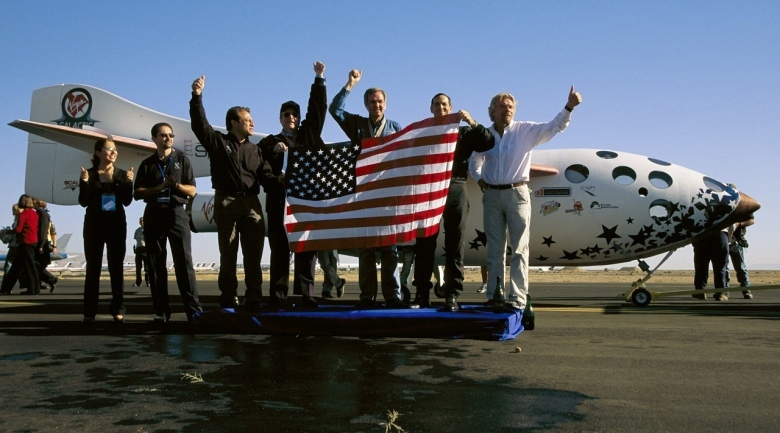
Amid the mansions and high-end apartment buildings just off Central Park, executives from space-tourism companies, rocket-making startups, and even a business that hopes to make money by mining asteroids for useful materials showed off displays and gave presentations.
The Explorers Club event provided a snapshot of what may be a new industry in the making. In an era when NASA no longer operates its own spacecraft and government funding for unmanned missions is tight, a host of startups, most funded by space enthusiasts with very deep pockets, have stepped up in hope of filling the gap. In the past few years, several have proved themselves.
Elon Musk’s SpaceX, for example, delivers cargo to the International Space Station for NASA. Both Richard Branson’s Virgin Galactic and rocket-plane builder XCOR Aerospace plan to perform demonstrations this year that will help catapult commercial spaceflight from the fringe into the mainstream.
The advancements being made by space companies could matter to more than the few who can afford tickets to space. SpaceX has already shaken incumbents in the $190 billion satellite launch industry by offering cheaper rides into space for communications, mapping, and research satellites.
However, space tourism also looks set to become significantly cheaper. “People don’t have to actually go up for it to impact them,” says David Mindell, an MIT professor of aeronautics and astronautics and a specialist in the history of engineering.
“At $200,000 you’ll have a lot more ‘space people’ running around, and over time that could have a big impact.” One direct result, says Mindell, may be increased public support for human spaceflight, especially “when everyone knows someone who’s been into space.”
